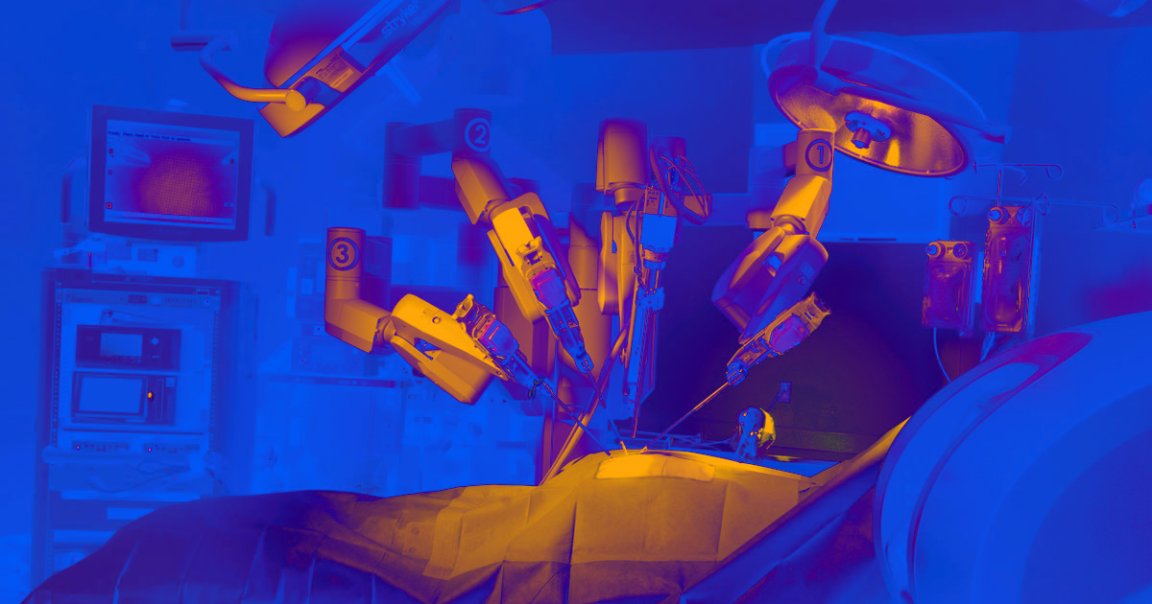
“Barely Trained”
In a new paper, social scientist Matthew Beane found a troubling trend: doctors were “barely trained” in how to operate robots in the operating room, Axios reports. The use of surgeon robots in hospitals has become a growing trend — but not without growing pains.
Beane, a professor from the University of California in Santa Barbara, examined the knowledge of those who were officially licensed to use robots like the Da Vinci —a high-tech robotic system that allows surgeons to perform operations through tiny incisions.
“Premature Specialization”
But since fewer surgeons are needed to operate the robots, fewer students get to have a shot at using it. “So the resident gets 10 to 20 times less practice,” said Beane, as quoted by Axios.
“I found that learning surgery through increasing participation using approved methods worked well in traditional (open) surgery, as current literature would predict,” Beane’s wrote in the paper. “But the radically different practice of robotic surgery greatly limited trainees’ role in the work, making approved methods ineffective.”
The Future of Medicine?
The trend of introducing robots for the sake of smaller incisions and faster recovery has been gaining a lot of momentum in recent years. Some hail is at the future of medicine, while others are more wary of having their tasks taken over by a robotic arm.
“The robotic arm becomes the master,” Anthony Adili, surgeon at St. Joseph’s Helathcare hospital in the Canadian province of Ontario, told the CBC. He was trained to operate an orthopedic surgical robot called MAKO. “I am just pushing the arm and it will only cut […] where it needs to go to match what I created on my 3D model.”
But to ensure that all license holders actually know what they’re doing in the operating room, they need to have ample training — “licensed” simply does not mean “practiced.’ And the best way to do just that is to ensure that everybody has an opportunity to spend supervised time with the technology.
READ MORE: Growing pains of tinkering with robots, disrupting society [Axios]
More on robot surgeons: Experts Want to Give Robot Surgeons a Sense of Touch